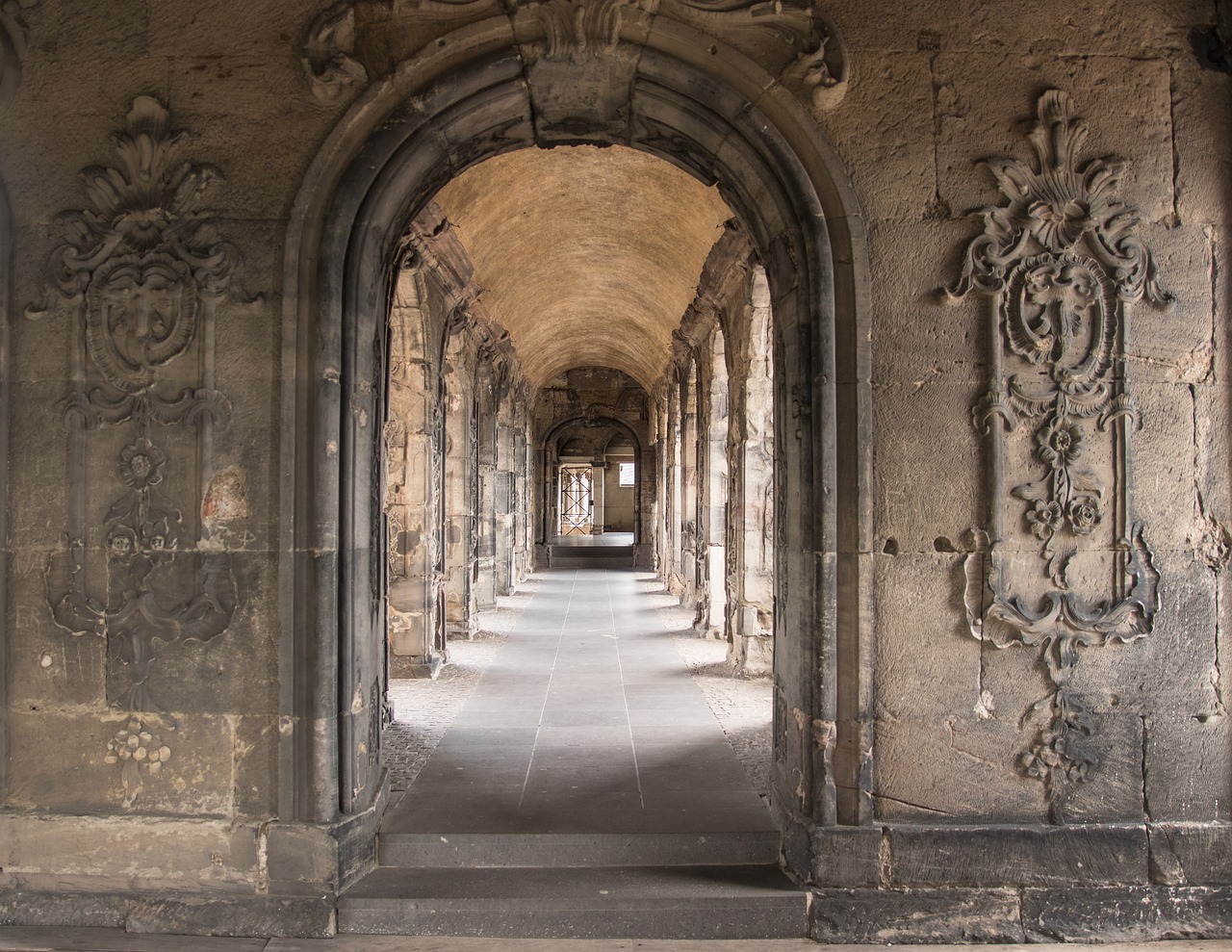Roman religion encompasses the beliefs, practices, and rituals practiced by the inhabitants of the Italian Peninsula from prehistoric times until the rise of Christianity in the 4th century CE, a period referred to as Classical antiquity. Cicero, the prominent orator and politician, asserted that the Romans excelled others due to their distinctive wisdom, acknowledging that all things fall under the influence of the divine. Unlike religions built on divine grace, Roman religion was rooted in the concept of mutual trust (fides) between deities and people, aiming to secure divine cooperation, goodwill, and harmony with the gods (pax deorum). This divine favor was perceived as essential to mastering the overwhelming forces of nature that induced both awe and fear (religio), enabling a fulfilling existence.
To navigate this complex relationship with the divine, Romans adhered to a set of guidelines termed jus divinum (“divine law”), which outlined necessary actions and prohibitions. For centuries, these regulations were largely devoid of moral implications; instead, they focused on the precise execution of rituals. Roman religious practices emphasized ceremonial observance, infused with the sanctity typical of patriotic customs. Their ceremonies were meticulously preserved, meaning that, despite various later modifications, remnants of earlier beliefs can still be observed. This contrasts sharply with Greek religion, where early beliefs are often deeply hidden beneath layers of complex thought. As the Greeks documented their mythology much earlier, they had already developed sophisticated concepts of divinity, which the more orderly and less expressive Romans did not fully adopt until later influences from Greek culture emerged. The Romans, in their earlier stages, did not ascribe anthropomorphic characteristics to their gods nor did they create rich narratives surrounding them.
Consequently, it is argued that there is merely a semblance of Roman mythology. While archaeological discoveries, particularly in ancient Etruria—a region bordered by the Tiber and Arno rivers—indicate that the Italians held some mythological notions, such narratives remain sparse and largely influenced by Greek mythology, often associated with nationalistic or familial stories. Moreover, the Romans did not have a formalized creed; as long as the correct religious actions were performed, individuals had the freedom to hold their own beliefs about the gods. This lack of a formal creed contributed to a diminished emotional component in their worship practices.
Despite the ancient elements that are evident, reconstructing the history and development of Roman religion poses challenges. Principal literary sources date back to antiquarians like Varro and Verrius Flaccus from the 1st century BCE, alongside poets from the late Republic and the Augustus era, who wrote centuries after Rome’s foundation. Their works often reflect a period influenced by Greek traditions, complicating the interpretation of Rome’s early religious landscape. To enhance these historical accounts, scholars depend on surviving religious calendars and inscriptions, alongside a wealth of sometimes obscure information found in coins and art.
Early Roman Religion
Archaeological findings provide limited insights into the earliest Roman religious practices, suggesting that early in the 1st millennium BCE, though perhaps not coinciding with Rome’s traditional founding date in 753 BCE, Latin and Sabine farmers and shepherds migrated from the Alban and Sabine Hills to establish communities in Rome. By around 620 BCE, these groups began to merge, and by approximately 575 BCE, the Forum Romanum emerged as the communal hub for market and gathering.
Divine Functionality
The evidence hints that early Romans, akin to many other Italians, perceived divine presence in various functions—be it through human actions, like childbirth, or natural phenomena, such as the sun’s path or seasonal changes. This reverence extended to both regular occurrences and unique events, including remarkable incidents that signaled divine communication, like the voice of Aius Locutius in times of peril. This led to an extraordinary proliferation of deities—each associated with specific aspects of life, showcasing a form of “religious atomism.” Their functions were precisely delineated, and addressing them correctly—by name and title—was crucial for effective communication. Knowing their name often ensured a divine audience, while uncertainty could lead to prefacing with terms like “unknown” or offering alternative titles as a precaution.



